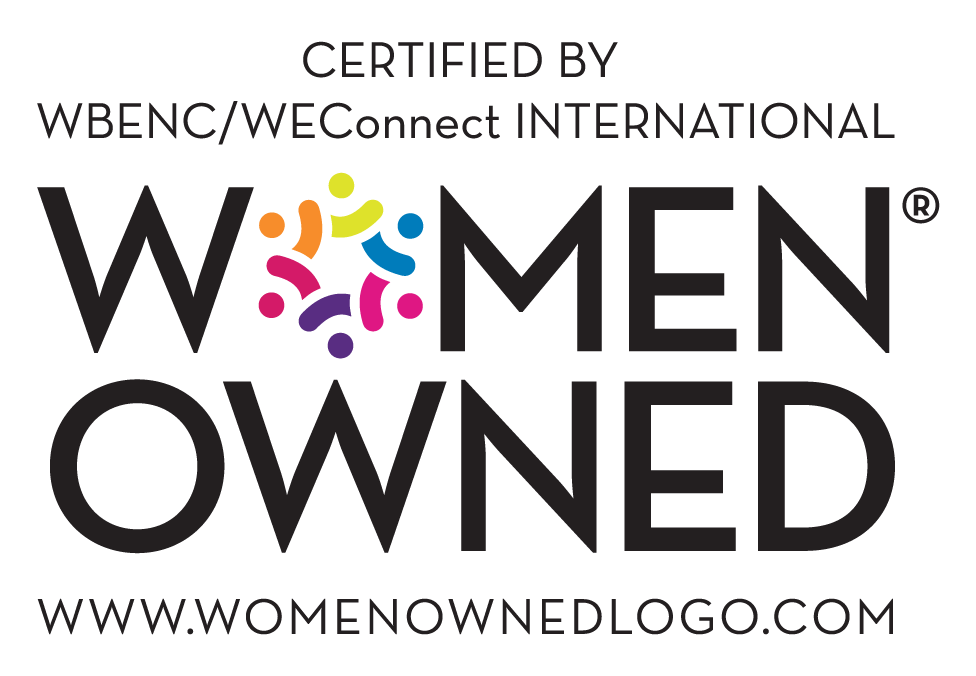
There is a feeling of comfort, security and solace that envelopes many Black women when they sit in a salon chair—the flapping and draping of the cape, the massaging of a tense, stress-ridden scalp with fingertips, the sound of grease sizzling upon the meeting of roots and flat iron or a hot comb, the smell of perm saturating the air of a local beauty shop and following the patron for the next few days. From start to finish, the process of getting one’s hair done is comparable to a therapy session, a rite of passage or the crossing of the burning sands. Kitchen beauticians and licensed hairstylists, especially ones who are business owners, pay homage to the pioneer, activist and self-made millionaire woman known as Madam C. J. Walker with every flick of the wrist.
Born Sara Breedlove in 1867 in Delta, Louisiana, she was the first of her parents’ children to be born free after the Emancipation Proclamation passage in 1863. She suffered much in her early years. Orphaned at six years old, she was married by the age of 14 to an older man and widowed by 20 years old. When her daughter was only two years old, she moved them both to St. Louis.
While working as a washerwoman for affluent, white families to support herself and her daughter, she developed a scalp condition due to the chemicals from the products she used for cleaning. As she began to experience hair loss, there were not many products on the market created and specialized for Black women’s hair. Walker turned her mishap into creating a homemade hair product to restore her hair, yielding the inspiration for the “Walker System.” From scalp treatments, hair lotions and later, iron combs (hot combs), Walker’s most successful product was a hair pomade used for styling, maintaining moisture and giving a shiny finish.
There’s something to be said about a Black woman finding innovation in injury. Then and now, Black women suffer disproportionally at the crux of a multitude of oppressions and challenges. Black women experience higher rates of mother mortality than white women as well as greater amounts of voter suppression and civil liberties. Women like LaTosha Brown of Black Votes Matter and Stacey Abrams, alongside a host of grassroots organizers, mobilized ahead of the 2020 presidential election to protect Black women’s votes in battleground states. More Black women are hiring doulas, a non-medical physical and emotional support person, to assist them before, during and after childbirth. Madam C.J. Walker, prioritizing herself and other Black women’s needs, created a template and model for #ProtectBlackWomen before a hashtag.
Walker’s protection of Black women, Black beauty and Black economic liberation, evolved into hiring, training and educating Black women on entrepreneurship. According to Nancy Davis, curator emeritus at the Smithsonian, Walker “created educational opportunities for thousands of Black women and provided them jobs and careers, and opportunities to make money in their own community.” While Walker’s story begins making with her only $1.50 per day, she was determined to use her influence to empower other Black women toward financial freedom. As her business and wealth grew, she branched into areas of activism and philanthropy. While she had no formal education, she positioned herself as a champion for Black rights. After Booker T. Washington prevented her from speaking at the National Negro Business League, she vocalized her experience as a Black woman pushed to the margins by white supremacy and her Black male counterparts. “Surely, you are not going to shut the door in my face. I feel that I am in business that is a credit to the womanhood of our race,” she said at the National Business League conference the year Washington prohibited her from speaking. She later became active with the NAACP and the National Conference on Lynching. She opened a factory in Indianapolis in 1910 and opened salons and beauty schools and hosted seminars across the country until she settled in Irvington, New York, where she died in 1919.
We see Madam C.J. Walker’s legacy today with the emergence of Black-owned hair and beauty brands. Products including Shea Moisture, Mielle Organics and Kinky-Curly are just a fraction of the vast and exponentially growing industry of Black hair care that is favored among customers today. Black female beauty entrepreneurs, including Myleik Teele, founder of CurlBox, a hair product subscription box, and Lisa Price, founder of Carol’s Daughter, are highlighted as trailblazers in today’s Black beauty industry, leading multi-million-dollar hair care businesses that specialize in Black hair care. Even as we witness more Black women graduate from cosmetology schools and open hair salons, we must recognize how Madam C. J. Walker’s spirit lives on from the beauty shop to the corporate board room.
Written and Contributed By Kirstin Cheers



